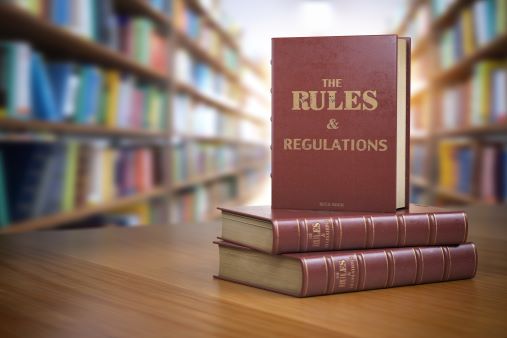One frequent question is whether there is a trend in favor of or against non-compete agreements. It has seemed to me in recent years that there is more noise suggesting the tide is turning against non-compete agreements, but these conclusions seemed to be based on anecdotal evidence at best, wishful thinking at worst. Law360 has published articles in recent years offering a list of non-compete decisions, with no reason to tilt the list one way or another, so it is interesting to look at the list and see which way, if any, the decisions tend. Law360's 2013 list featured five court decisions holding as follows.
- Fifield v. Premier Dealer Services, Inc., an Illinois appeals court case that stating that at least two years of continued employment was necessary to constitute sufficient consideration for a non-compete agreement. The Illinois Supreme Court declined to consider an appeal. (1-0 against enforcement)
- Atlantic Marine Construction v. Western District of Texas, a U.S. Supreme Court decision that is not a non-compete case, but will lend strong support in favor of forum selection clauses, which is beneficial to enforcing parties. (1-1) I have written about how choice of forum clauses can affect non-compete cases.
- Tradesman International v. Black, a federal Seventh Circuit Court of Appeals decision that not only affirmed a lower court’s denial of an injunction to enforce non-competes, but sanctioned the enforcing company for what it found to be a trade secrets claim brought in bad faith. (2-1 against)
- Assurance Data v. Malyevac, a Virginia Supreme Court decision in which the state’s high court discouraged prematurely dismissing cases brought to enforce seemingly overbroad non-competes without looking at the facts of the particular case. (2-2)
- Corporate Technologies v. Harnett, a federal First Circuit Court of Appeals case in which the court took a broader view of what constitutes “solicitation” prohibited by an agreement. (3-2 for)
Of course, while prominent in varying cases, these five cases are anecdotal as well. Further, 2013 was a slow year for critical non-compete cases. Of these five, I think arguably only Fifield and Assurance Data fall in that category. (Atlantic Marine seems unsurprising – evidenced perhaps by the Court’s unanimity.) In short, if we can draw any conclusion from 2013 it is the continuing importance of individual states’ laws in non-compete disputes, and the importance of employers – whether enforcing or defending – to recognize that each non-compete situation has its own unique strategic considerations.














